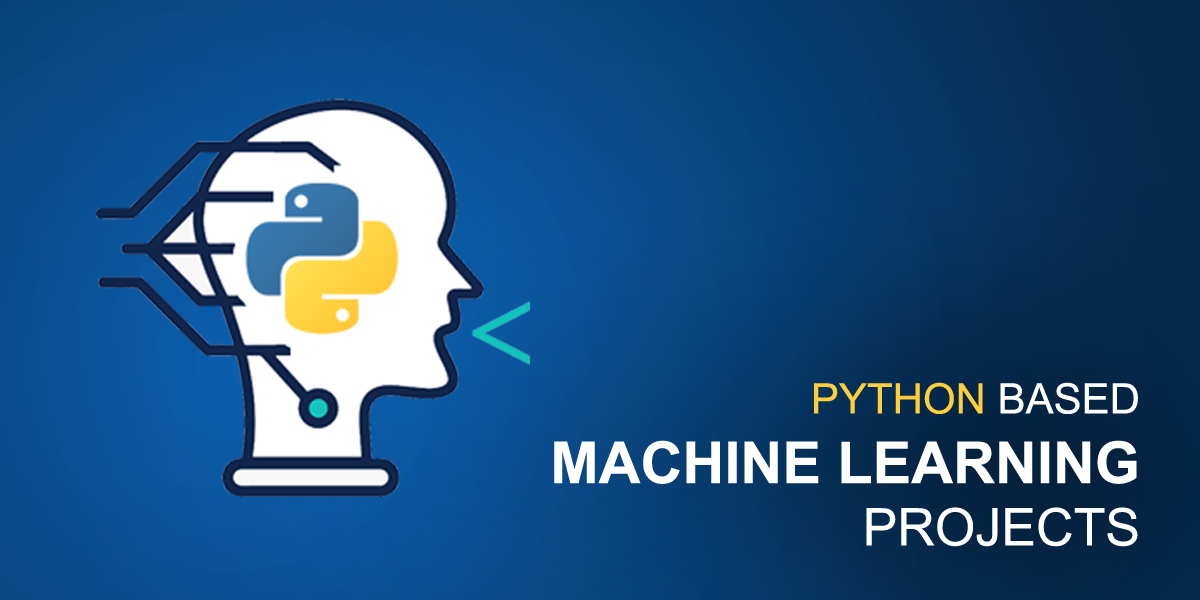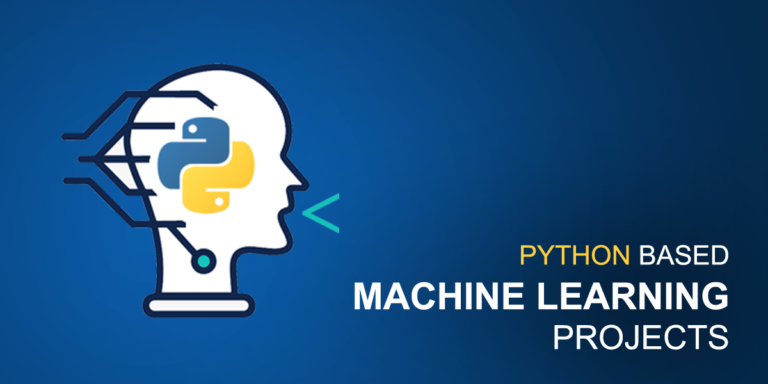
Abstract:
DCD is a popular optimization method. Sequential DCD makes parallelization difficult. Due to concurrent coordinate updates, running multiple DCD threads on batches of data elements causes inaccuracy and slow convergence. Some parallelization methods use separable approximate functions based on parallelism. Dependencies slow convergence and scalability. PPD, a parallel primal-dual algorithm for DCD, addresses these issues. PPD uses the block data distribution to create a parallelism-independent approximate function. PPD uses a novel primal-dual acceleration scheme to quickly approach the optimal solution. Experiments show PPD’s scalability and efficiency.
Note: Please discuss with our team before submitting this abstract to the college. This Abstract or Synopsis varies based on student project requirements.
Did you like this final year project?
To download this project Code with thesis report and project training... Click Here


